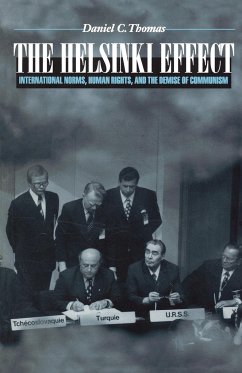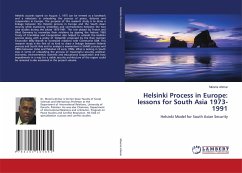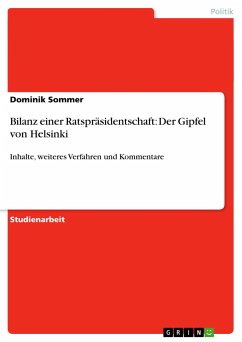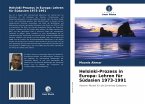Human rights norms do matter. Those established by the Helsinki Final Act contributed directly to the demise of communism in the former East bloc, contends Daniel Thomas. This book counters those skeptics who doubt that such international norms substantially affect domestic political change, while explaining why, when, and how they matter most. Thomas argues that the Final Act, signed in 1975, transformed the agenda of East-West relations and provided a common platform around which opposition forces could mobilize. Without downplaying other factors, Thomas shows that the norms established at Helsinki undermined the viability of one-party Communist rule and thereby contributed significantly to the largely peaceful and democratic changes of 1989, as well as the end of the Cold War. Drawing on both governmental and nongovernmental sources, he offers a powerful Constructivist alternative to Realist theory's failure to anticipate or explain these crucial events. This study will fundamentally influence ongoing debates about the politics of international institutions, the socialization of states, the spread of democracy, and, not least, about the balance of factors that felled the Iron Curtain. It casts new light on Solidarity, Charter 77, and other democratic movements in Eastern Europe, the sources of Gorbachev's reforms, the evolution of the European Union, U.S. foreign policy, and East-West relations in the final decades of the Cold War. The Helsinki Effect will be essential reading for scholars and students of international relations, international law, European politics, human rights, and social movements.
Hinweis: Dieser Artikel kann nur an eine deutsche Lieferadresse ausgeliefert werden.
Hinweis: Dieser Artikel kann nur an eine deutsche Lieferadresse ausgeliefert werden.








